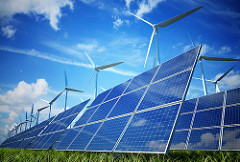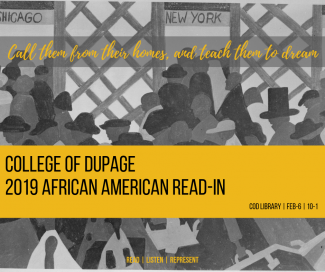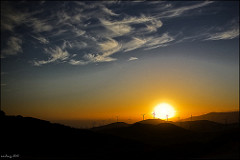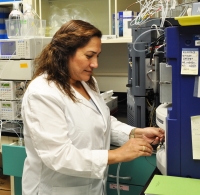2018 African American Read-In Bibliography

Angelou, Maya. “Woman Work” and “Human Family.” The Complete Poetry. Random House, 2015.
Baldwin, James. The Fire Next Time. Vintage, 2013.
Carmichael, Stokely. Black Power: Notes and Comment. Student Nonviolent Coordinating Committee,
1966.
Clement, Ben. Giants on My Shoulders. Strategic Book Publishing, 2009.
Coates, Ta-Nehisi. We Were Eight Years in Power: An American Tragedy. Ballantine, 2017.
Douglass, Frederick. A Life in Documents. University of Virginia Press, 2013.
Dyson, Michael Eric. Why I Love Black Women. Basic Civitas Books, 2003.
Earley, Jackie. “1,968 Winters.” Voltage Poetry.
Ellison, Ralph. "What America Would Be Like without Blacks." Going to the Territory, 1970.
Hartfield, Claire. A Few Red Drops: The Chicago Race Riots of 1919. Clarion Books, 2018.
Hayden, Robert. “Those Winter Sundays” and “Frederick Douglass.” Collected Poems. Liveright, 2015.
Hughes, Langston. “Harlem” and “Dreams.” The Collected Poems of Langston Hughes. Vintage, 1994.
King Jr, Martin Luther. "The World House." Where Do We Go from Here: Chaos or Community. Harper
& Row, 1967.
Lewis, John. Walking with the Wind: A Memoir of the Movement. Mariner Books, 1999.
Obama, Barack. Dreams from My Father: A Story of Race and Inheritance. Three Rivers Press, 2004.
Smith, Mychal Denzel. Invisible Man, Got the Whole World Watching: A Young Black Man's Education.
Nation Books, 2016.
Smith, Tracy K. Life on Mars: Poems. Macmillan, 2011.
Thomas, Latham. Own Your Glow: a Soulful Guide to Luminous Living and Crowning the Queen Within.
Hay House, 2017.
Trethewey, Natasha. "Elegy for the Native Guards." Southern Cultures, vol. 19, no. 3, 2013, p. 119.
Walker, Margaret. "We Have Been Believers." Poetry, vol. 53, no. 6, 1939, pp. 302-303.
Bibliography
Presentation Slides




